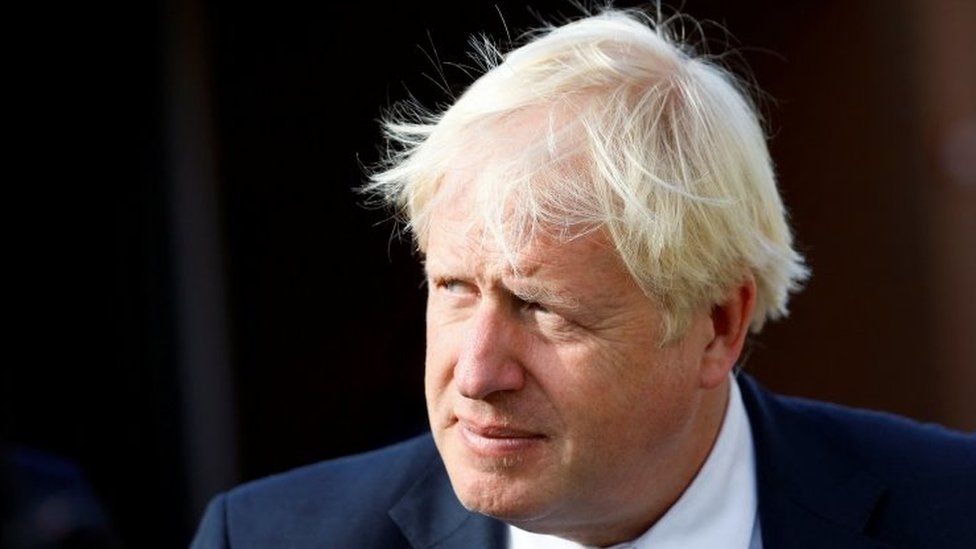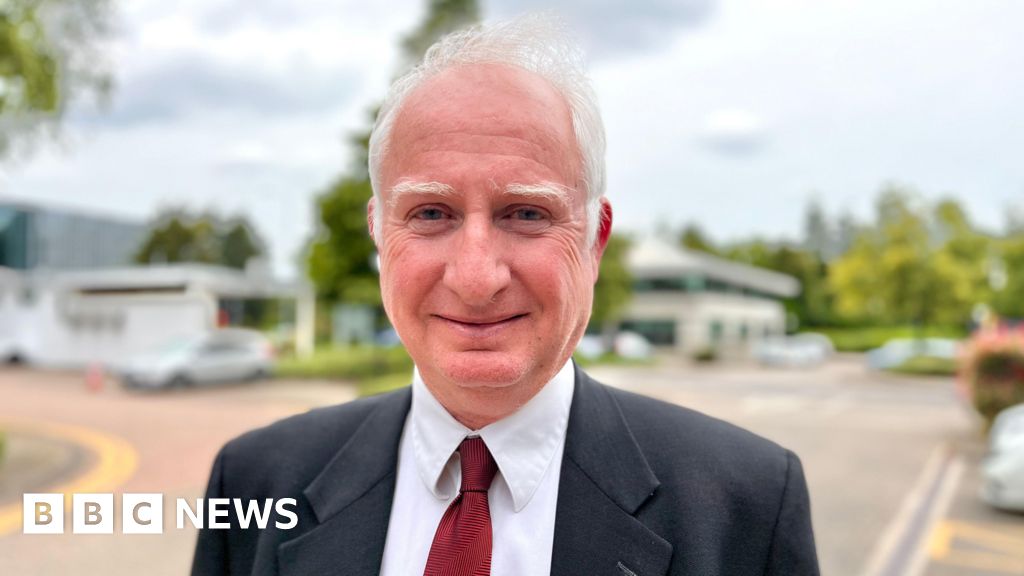ARTICLE AD BOX
 Image source, PA Media
Image source, PA Media
Boris Johnson has denied he knowingly or deliberately misled Parliament over Partygate
By Joshua Nevett & Paul Seddon
BBC Politics
The Cabinet Office has defended its decision to use public money to foot the £245,000 bill for Boris Johnson's lawyers during MPs' Partygate inquiry.
MPs are investigating whether the former prime minister misled them over lockdown parties in Downing Street.
Labour MP Karl Turner asked the Cabinet Office why public money was being used to pay for Mr Johnson's legal team.
In reply, a senior civil servant said there was a precedent that former ministers may receive legal support.
The response came from the director general of the Cabinet Office, Darren Tierney, in a letter seen by the BBC.
In the letter, Mr Tierney said, because the Partygate inquiry by the Privileges Committee relates to Mr Johnson's conduct as a minister, he was entitled to taxpayer-funded legal support.
Mr Tierney cited legal support given to former ministers during public inquiries into the Grenfell Tower fire, the BSE disease outbreak in cattle, and infected blood products as examples of precedents.
"The principle is not limited to public inquiries and has been applied in other contexts, for example, litigation," he wrote.
Mr Tierney provided no specific examples of former ministers having their legal bills covered for political parliamentary inquiries carried out by MPs.
Mr Turner - the MP for Kingston upon Hull East - has written back to Mr Tierney asking for specific examples.
The Labour MP told the BBC he had looked into this and believed "there is no example the government can rely on".
He said Cabinet Office officials "either have to give me an example when a former minister or a serving minister has been provided with legal support for a parliamentary inquiry, or they have to accept that they've set a new precedent with Boris Johnson".
Mr Turner said the government had seemingly established a two-tier system, whereby ministers and former ministers "get the protection of the taxpayer to cover their legal fees", and backbench MPs do not.
The last former minister to be investigated by a parliamentary committee for misleading Parliament was former Labour MP and transport secretary Stephen Byers in 2005.
The BBC has been told Mr Byers was not offered taxpayer-funded legal representation.
Last month, the contract to hire Mr Johnson's legal team was extended for the third time and increased in value, from £222,000 to £245,000.
The Treasury did not sign off the decision to use public money to pay the bill, but has insisted its approval was not required for all spending decisions.
The National Audit Office (NAO), which scrutinises government spending, has been examining the decision to cover Mr Johnson's legal costs during the inquiry.
Mr Johnson has faced calls to pay the legal costs himself, with opposition parties highlighting he has earned millions since standing down as prime minister.
The former prime minister was joined by his lawyers when he appeared in front of the Privileges Committee in March.
Watch: Key moments from Boris Johnson's Partygate grilling
He denied knowingly or deliberately misled Parliament over Covid rule-breaking parties in Downing Street during the pandemic.
Privileges Committee sources say they are hoping to wrap up the inquiry before Parliament's summer recess in July.
If the committee finds Mr Johnson in contempt of Parliament, he faces suspension as an MP, which could trigger a by-election in his Uxbridge and South Ruislip constituency.
Separate to the Privileges Committee inquiry, Mr Johnson is being provided with taxpayer-funded legal support for the public inquiry into the government's handling of the pandemic.
Last month, Mr Johnson severed ties with the government-appointed lawyers who were set to represent him in the Covid inquiry.
In a letter, reported by the Sunday Times, the Cabinet Office warned Mr Johnson that public funding for his legal representation could be withdrawn if he tried to "undermine" the government.

 1 year ago
19
1 year ago
19








 English (US)
English (US)